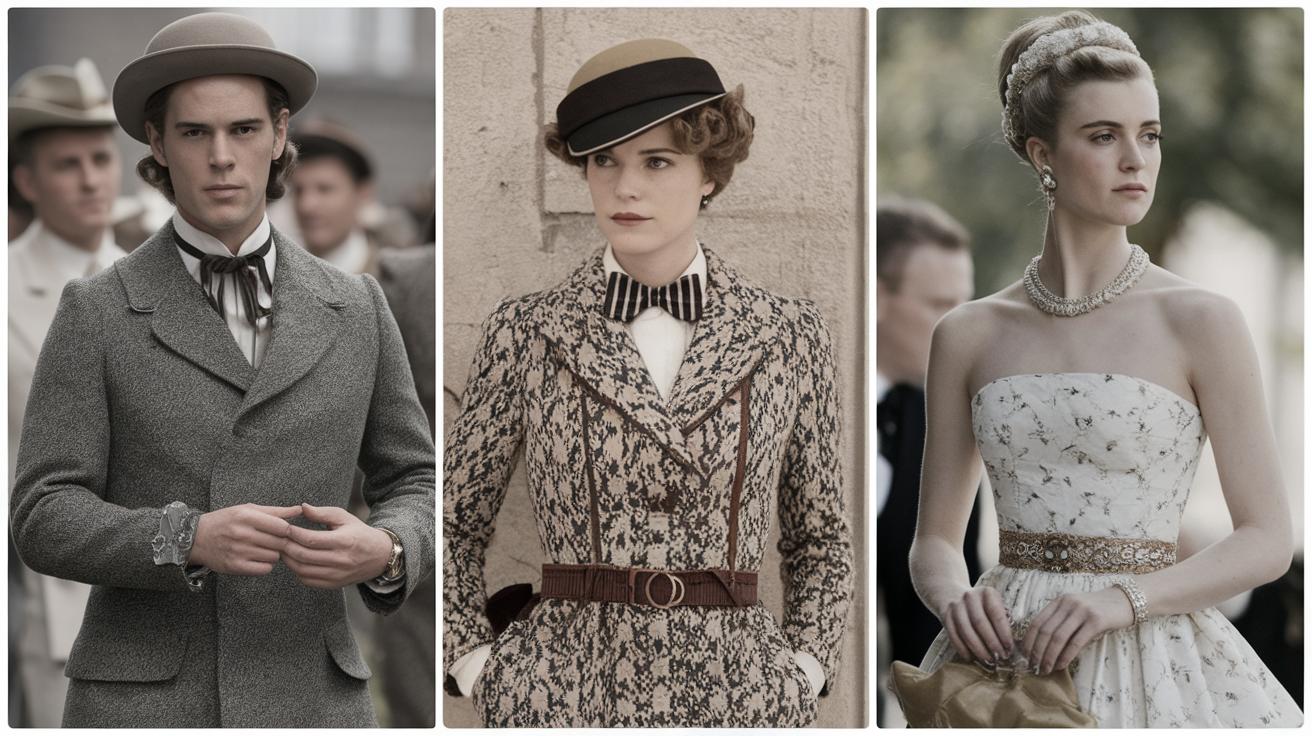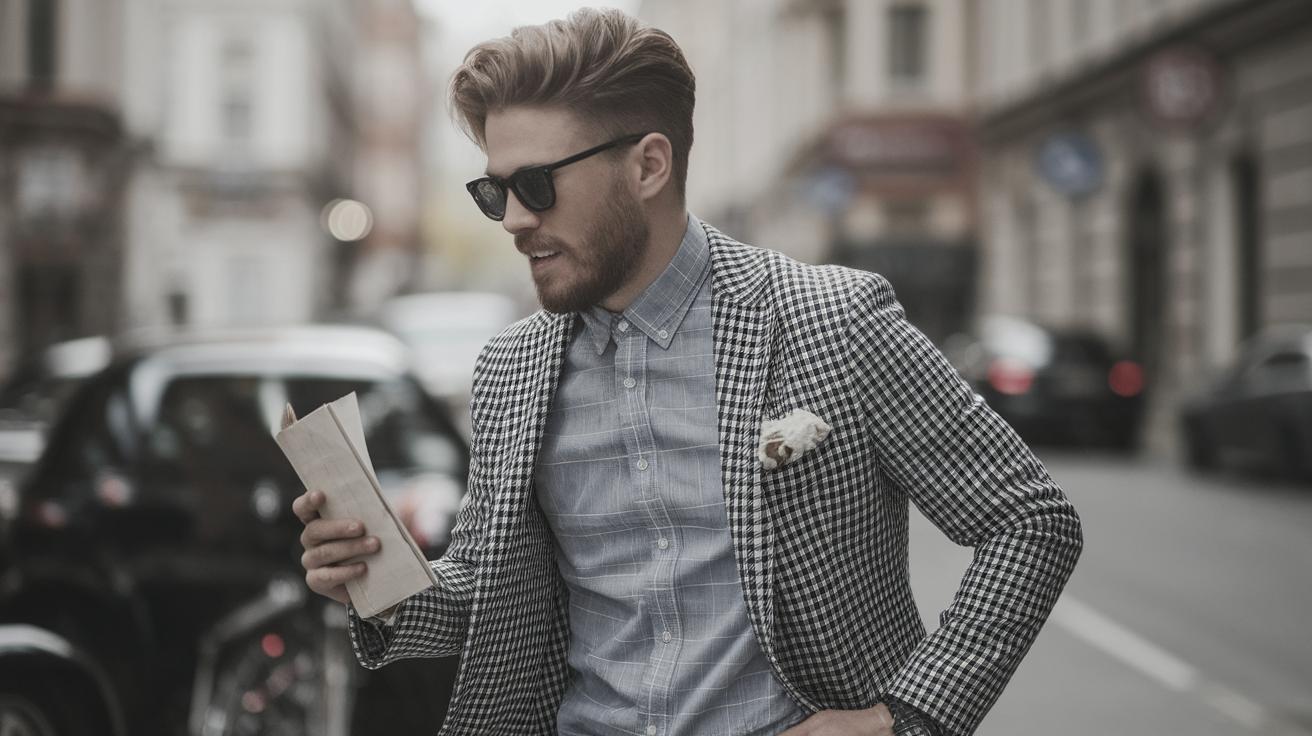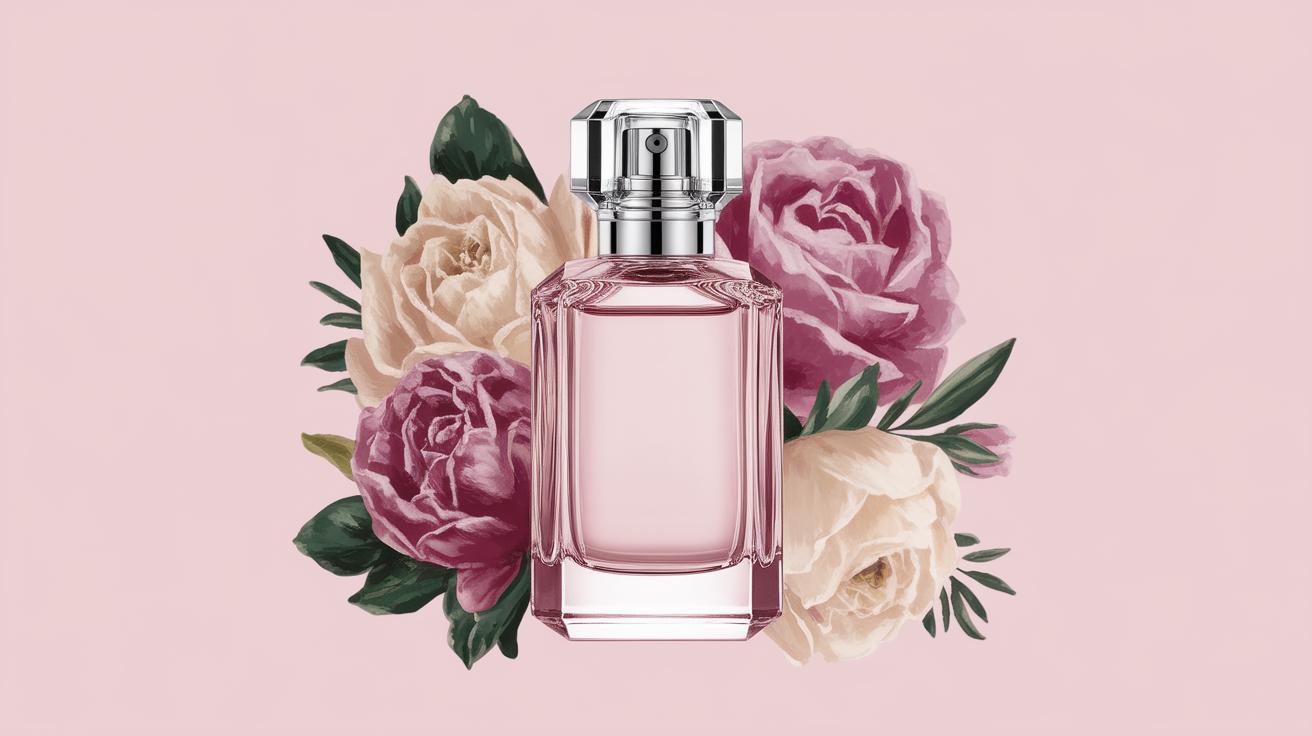Iconic Fashion Films You Must Watch
Fashion and film have a symbiotic relationship, with each influencing and inspiring the other over the decades. For those passionate about style and cinema, iconic fashion films offer a visual feast while showcasing the historical and cultural evolution of fashion. From classic musicals to dark dramas, these films capture the complexities of the fashion industry and the creative genius behind trendsetting designs. In this blog post, we’ll journey through time to explore 14 must-watch films that represent the pinnacle of sartorial storytelling. Each film highlights unique facets of fashion, from the vibrant elegance of “Funny Face” to the tantalizing drama in “House of Gucci,” offering lessons, entertainment, and awe-inspiring visuals along the way.
Funny Face (1957)
Starring the incomparable Audrey Hepburn and the legendary Fred Astaire, “Funny Face” is a vibrant musical that enchants with its choreography and fashion-centric storyline. Hepburn plays Jo Stockton, a shy bookstore employee who is transformed into a dazzling fashion model, swept into the bustling world of Parisian fashion. Her journey is marked by stunning costumes and memorable musical numbers, all under the eye of famed photographer Dick Avery, played by Astaire.
What sets “Funny Face” apart is its combination of whimsical charm and high fashion, including pieces designed by Hubert de Givenchy. The film not only celebrates the allure of haute couture but also emphasizes individuality and intellectualism, as Jo’s unique perspective challenges the superficiality often associated with the fashion world. This classic is a must-watch for fashion aficionados and film lovers alike.
Blow-Up (1966)
Michelangelo Antonioni’s “Blow-Up” offers a unique perspective on the fashion atmosphere of 1960s London. The film follows Thomas, a mod fashion photographer who captures more than chic images when he inadvertently photographs a potential murder. This surreal narrative intertwines the glamour of fashion photography with the intrigue of mystery, making it both a visual and cerebral experience.
“Blow-Up” doesn’t just show fashion; it dissects the ephemeral nature of beauty and art. From David Hemmings’ portrayal of the disaffected Thomas to the film’s portrayal of London’s vibrant pop culture, it remains an influential piece, underlining the philosophical ponderings of perception and reality amidst fashion’s facade. Models, clothing, and the camera become tools that explore the fragmented essence of truth and beauty.
Who Are You, Polly Maggoo? (1966)
A satirical take on the fashion scene, William Klein’s “Who Are You, Polly Maggoo?” delves into the superficial and often ludicrous world of haute couture. The titular character, Polly, is an American model in Paris, portrayed with both whimsy and critique of the fashion industry’s excesses. The film’s style is distinct, blending documentary and fantasy elements to craft a pointed commentary.
With its visually arresting black-and-white cinematography, the film captures the conversation between media, celebrity culture, and fashion. Its avant-garde aesthetics and witty script coax viewers to question our fascinations with image and identity. This cult classic is not merely a film about fashion but a clever commentary on society’s obsessions.
Mahogany (1975)
Diana Ross shines in “Mahogany,” a film that portrays Tracy Chambers, a young aspiring fashion designer from Chicago who ascends to stardom in the European fashion world. Themes of ambition, love, and self-identity are woven throughout Tracy’s journey, showcasing Ross’s dual talents as both a gifted actress and a designer of the film’s elaborate costumes.
“Mahogany” is memorable for its dynamic portrayal of fashion as an emotional and personal expression. While it critiques the industry’s glamorization, it also highlights how design and style can be transformative and empowering. The film remains an inspiring story of self-discovery and resilience within the glitzy but challenging world of fashion.
Prêt-à-Porter (1994)
Robert Altman’s “Prêt-à-Porter” (Ready to Wear) offers an exuberant tableau of the Paris Fashion Week. The film features an all-star ensemble cast and weaves multiple storylines against the chaotic backdrop of a high-stakes fashion show. Altman deftly balances humor with a critical lens, showcasing the absurdity and allure of the fashion industry’s power players.
True to Altman’s style, “Prêt-à-Porter” delivers satire with a keen observational eye, capturing the behind-the-scenes drama and high-fashion spectacle with wit and flair. This film is a time capsule of ’90s fashion, reflecting both the glamour and the industry’s cutthroat nature, planted in a whirlwind of couture, conflict, and comedy.
The Devil Wears Prada (2006)
“The Devil Wears Prada” offers a humorous yet poignant look inside the world of high fashion. Anne Hathaway stars as Andy Sachs, a budding journalist who lands a job as an assistant to the dominant and demanding fashion magazine editor Miranda Priestly, iconically played by Meryl Streep. The film’s vibrant display of designer fashions was brought to life by the iconic costume designer Patricia Field.
Beyond the glitz and glamorous apparel, the film portrays themes of personal growth, ethical decision-making, and the sacrifices for professional success. Watching Andy navigate the fashion terrain spotlights the broader tensions between authenticity and ambition. Here, fashion serves as both the setting and catalyst for transformative self-reflection.
Coco Before Chanel (2009)
Anne Fontaine’s “Coco Before Chanel” delves into the life of one of fashion’s most iconic figures, Gabrielle “Coco” Chanel, before she became the renowned designer the world admires. Starring Audrey Tautou as Chanel, the film paints a nuanced portrait of a young woman who defied societal norms and revolutionized women’s fashion with her innovative and minimalist designs.
The film explores Chanel’s humble beginnings and resilient spirit amidst adversity, capturing the genesis of her visionary aesthetic. By focusing on her formative years, “Coco Before Chanel” illustrates how Coco’s perspective on simplicity and elegance evolved into a legendary fashion philosophy that continues to influence contemporary style.
The Neon Demon (2016)
Nicolas Winding Refn’s “The Neon Demon” presents a dark, hypnotic exploration of beauty and the cutthroat fashion world. It showcases Jesse (Elle Fanning), an aspiring model who finds herself engulfed by the seductive yet dangerous allure of the Los Angeles fashion scene. With its striking visual style and eerie atmosphere, the movie delves into obsession, vanity, and envy.
Refn’s thriller is an unsettling commentary on how the pursuit of beauty and success can consume those who are lured by glamour and conspicuous allure. The film’s aesthetic choices, from its vivid colors to its haunting score, reflect the dizzying and sometimes destructive nature of fashion, becoming a reflection of the darker side of ambition and desire.
Phantom Thread (2017)
Directed by Paul Thomas Anderson, “Phantom Thread” is a meditation on art, obsession, and the dynamics of power in relationships, set against the world of 1950s haute couture. With a tour-de-force performance by Daniel Day-Lewis as the meticulous fashion designer Reynolds Woodcock, the film explores themes of artistic genius, control, and romance as Woodcock’s orderly life is disrupted by a young woman named Alma.
Through the film’s rich visuals and thoughtful narrative, “Phantom Thread” creates an intricate picture of a designer’s world, where the passion for cloth and craft mirrors the complexities of human desire and love. It is a masterclass in sophistication and style, emphasizing the entwined nature of creativity and personal turmoil.
Cruella (2021)
“Cruella” reimagines the origin story of one of Disney’s most infamous villains, set in the punk rock fashion world of 1970s London. Embracing the vision of stylistic rebellion and creativity, Emma Stone’s portrayal of Estella, who transforms into the legend known as Cruella de Vil, is marked by a daring and avant-garde sense of style.
The film dazzles with its elaborate costume design, turning Estella’s metamorphosis into a powerful statement about identity and self-expression. “Cruella” not only entertains but also provides a perspective on how fashion can serve as a dynamic canvas for both individuality and artistry, capturing the transformative potential of style.
Breakfast at Tiffany’s (1961)
Featuring Audrey Hepburn in one of her most iconic roles, “Breakfast at Tiffany’s” continues to influence fashion with its timeless elegance. Hepburn’s portrayal of Holly Golightly, a charming and enigmatic New York socialite, is often synonymous with chic sophistication. The film’s opening scene, where Holly gazes into Tiffany’s window in her black Givenchy dress, epitomizes classic glamour infused with simplicity.
Beyond its fashion prominence, the film delves into themes of identity, freedom, and longing, set against a backdrop of urban sophistication. Its impact on fashion and culture is enduring, making “Breakfast at Tiffany’s” a perpetual reference for elegance and style, where Audrey Hepburn’s portrayal continuously inspires generations.
The Dressmaker (2015)
A unique blend of revenge, drama, and fashion, “The Dressmaker” stars Kate Winslet as Tilly Dunnage, a talented seamstress returning to her small Australian town. Armed with a sewing machine and haute couture skills acquired from Paris, Tilly transforms the women of her town, but her arrival also stirs past grievances and secrets.
The film combines biting wit with lush visuals, as Tilly’s creations challenge societal constraints and individual perceptions. “The Dressmaker” explores themes of redemption and transformation, where garments become tools for empowerment and change, revealing both the power of personal style and the intricate threads of human relationships.
Confessions of a Shopaholic (2009)
A fun and lighthearted exploration of consumerism and fashion, “Confessions of a Shopaholic” follows the perpetually shopping-addicted Rebecca Bloomwood, played with comedic flair by Isla Fisher. The film examines the blurred lines between passion for fashion and financial reality as Rebecca navigates the world of glossy magazines and high-style fashion.
With humor and heart, the movie delves into the challenges of image and self-identity amidst the temptation of consumer culture. It serves as a reminder of the dual nature of fashion – as a form of self-expression and a potential source of escapism. The film cleverly balances the glamour of fashion with relatable tales of self-discovery.
House of Gucci (2021)
Ridley Scott’s “House of Gucci” portrays the notorious and tumultuous history of the Gucci empire, focusing on the scandalous murder of Maurizio Gucci, as orchestrated by his ex-wife Patrizia Reggiani. With star-power performances by Lady Gaga and Adam Driver, the film tantalizes with its depiction of power, betrayal, and luxury excesses within the iconic fashion house.
Rich in both narrative drama and stylistic flair, “House of Gucci” encapsulates the decadent allure and treacherous undercurrents of the fashion industry, questioning the cost of ambition. It provides a resonant commentary on the intricate relationships between power, identity, and brand legacy, making it a striking exploration of fashion and family dynamics.
| Film Title | Year | Key Themes |
|---|---|---|
| Funny Face | 1957 | Transformation, Fashion, Individuality |
| Blow-Up | 1966 | Photography, Reality, London Fashion |
| Who Are You, Polly Maggoo? | 1966 | Satire, Celebrity Culture, Haute Couture |
| Mahogany | 1975 | Ambition, Design, Empowerment |
| Prêt-à-Porter | 1994 | Satire, Fashion Week, Industry Intrigue |
| The Devil Wears Prada | 2006 | Career, Growth, Ethics |
| Coco Before Chanel | 2009 | Biography, Innovation, Simplicity |
| The Neon Demon | 2016 | Obsession, Beauty, Danger |
| Phantom Thread | 2017 | Art, Obsession, Romance |
| Cruella | 2021 | Origins, Rebellion, Style |
| Breakfast at Tiffany’s | 1961 | Elegance, Identity, New York Life |
| The Dressmaker | 2015 | Revenge, Transformation, Couture |
| Confessions of a Shopaholic | 2009 | Consumerism, Humor, Self-Discovery |
| House of Gucci | 2021 | Betrayal, Power, Legacy |


